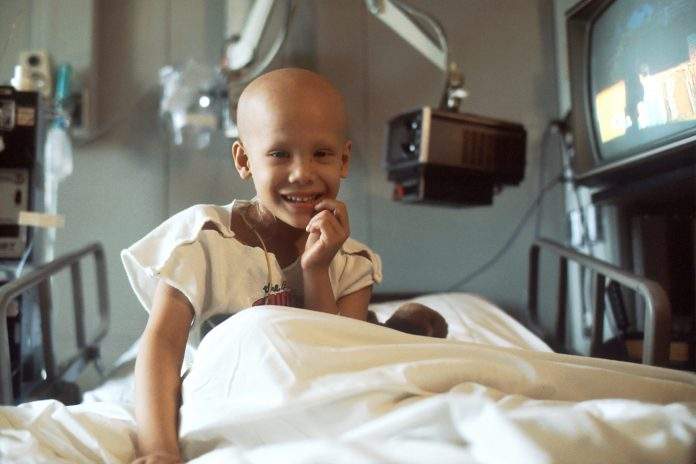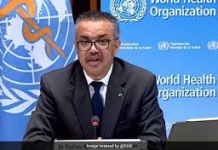Four academic institutions will be awarded $23 million by the National Cancer Institute, part of the US National Institutes of Health, to set up world-class centers of excellence that will study the role of telehealth in cancer treatment.
The awards will help establish NCI’s healthcare Telehealth Research Centers of Excellence, an initiative supported by the Cancer Moonshot, a White House initiative launched in 2016 and restarted by President Joe Biden in 2022 to speed up treatment against cancer. Depending on the availability of funds, these awards are distributed for over five years.
Objectives of centers
Katrina Goddard, a director at the National Cancer Institute’s Division of Cancer Control and Population Sciences, said Cancer Moonshot aims to make the cancer experience less strenuous for patients, their caregivers, and families.
The centers of excellence will help understand better how telehealth can support achieving improved health effects across the cancer care space.
Treatment provided by healthcare workers such as doctors and other health providers from a distance, using electronic means such as phone, email, video conference, or text message, is known as telehealth.
The pandemic made people more aware of the use and availability of telehealth, which was more prevalent in primary and specialty healthcare, including cancer treatments. However, it is yet to be known how telehealth will help cancer care treatment.
Robin Vanderpool, chief of the health communication and informatics research branch in DCCPS, said the centers would help bridge the gap between telehealth and cancer care.
He said they would have to establish an evidence base to use this technology to provide healthcare in oncology and make it a part of daily care. These centers will widen the opportunities for distribution and expansion of cancer treatments other than their own health systems.
Research work
The four academic centers that have undertaken the research work will study the role of telehealth in different fields from diagnosis to treatment, prevention to screening, and survivorship. Each center will conduct trials in real-world clinical settings such as cancer centers, hospitals, and primary care centers with the help of a diverse team of researchers.
The four funded centers are:
The Telehealth Research and Innovation for Veterans with Cancer: This center, headed by NYU Grossman School of medicine, New York City, will work with experienced health administration to check how social factors such as poverty, race, and rural residence affecting cancer-care therapies.
The Scalable Telehealth Cancer Care Center: This center, headed by Northwestern University, Evanston III, will stress using telehealth to impart health services to cancer survivors, and to reduce risk behaviors such as smoking and physical inactivity.
The University of Pennsylvania Telehealth Research Center of Excellence (Penn TRACE): This center led by the University of Philadelphia will use behavioral economics and communication science to balance multiple telehealth strategies, making way for cancer screening and improvizing timely access to molecular testing for advanced cancer treatment.
The Making Telehealth Delivery of Cancer Care at Home Effective and Safe Center: This center led by Memorial Sloan Kettering Cancer Center will research the effectiveness of a remote monitoring system, MSk@Home, for patients receiving proper treatment for breast and prostate cancer.









